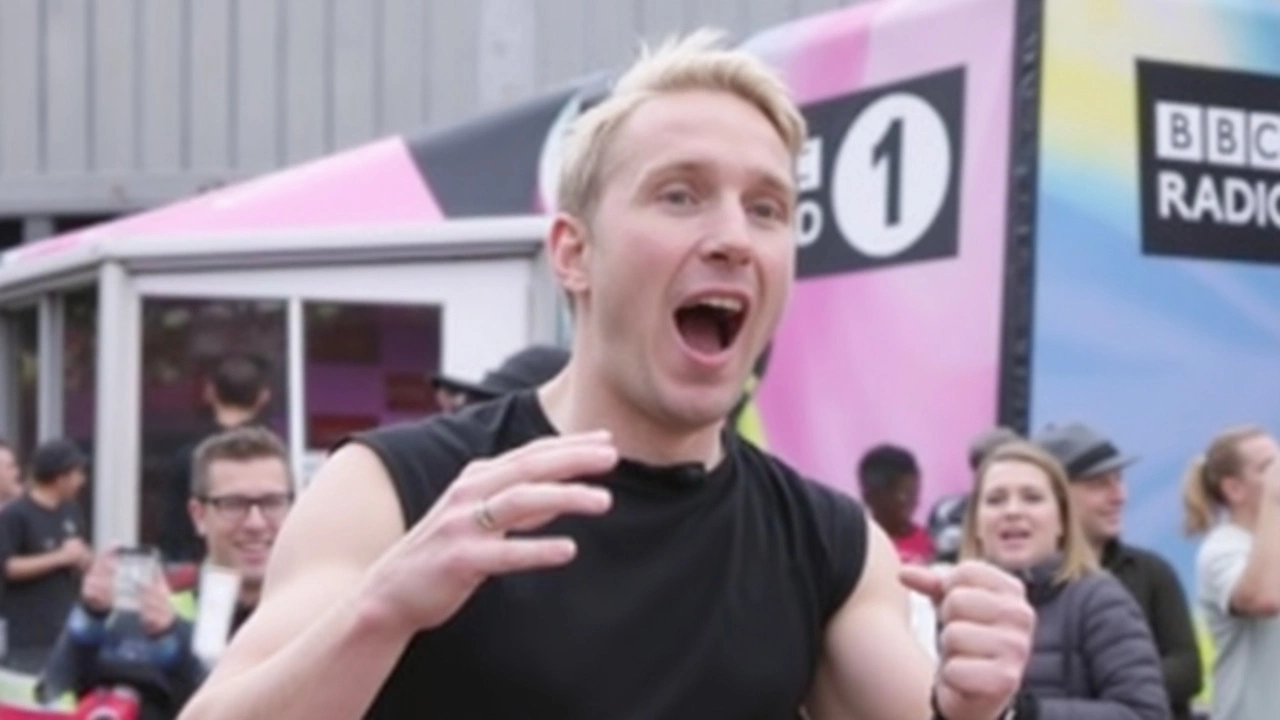Ultra Marathon Basics: What You Need to Know
Thinking about tackling a race longer than a marathon? An ultra marathon is any run over the classic 26.2‑mile distance. Distances range from 30 km to 100 miles or even multi‑day events. The biggest difference is the time you spend on your feet – you’ll need stamina, smart pacing, and a solid plan for food and sleep.
Training for an Ultra Marathon
Start by building a strong marathon base. Most runners hit 40‑50 miles per week before adding ultra‑specific work. Once you’re comfortable at that mileage, introduce one long run a week that gradually climbs to 30‑35 miles for a 50‑km race or 50‑60 miles for the longer events. Keep the pace easy; the goal is time on feet, not speed.
Mix in back‑to‑back long runs on weekends. For example, run 20 miles on Saturday and 12 miles on Sunday. This trains your body to recover while still moving, which mimics the fatigue you’ll feel late in an ultra. Add hill repeats or trail runs to strengthen the muscles you’ll use on uneven terrain.
Don’t ignore strength work. Two short sessions a week of core, glutes and ankle stability exercises cut the risk of injuries that pop up after many hours of running. Simple moves like planks, single‑leg deadlifts and calf raises are enough.
Gear, Nutrition and Recovery
Your shoes should be lightweight, supportive and suited for the terrain. Trail shoes with good grip are a must for most ultras, while road races may let you stick with a familiar marathon shoe. Rotate between two pairs to keep them fresh.
Nutrition is the game‑changer. Aim for 200‑300 calories per hour from a mix of carbs, protein and electrolytes. Energy gels, chews, figs, bananas and salty snacks work well. Test everything on your long runs – never try a new food on race day.Hydration matters, but don’t overdrink. Use a handheld bottle or a small waist pack and sip whenever you feel thirsty. A simple electrolyte powder mixed in water can keep cramps at bay.
After each long run, focus on recovery. A quick stretch, a foam‑roll session and a protein‑rich snack within 30 minutes will jump‑start muscle repair. Sleep is your biggest ally; aim for 7‑9 hours a night, especially in the weeks leading up to the race.
On race day, start slower than you think you should. The first half of the event often feels easy; the second half is where most runners hit the wall. Keep a steady rhythm, stick to your nutrition plan, and adjust your pace based on how you feel, not the clock.
In the end, ultra marathons are as much mental as they are physical. Break the distance into manageable segments, celebrate each checkpoint, and remember why you signed up in the first place – the freedom of the trail, the challenge of the distance, and the joy of finishing.
Jamie Laing's Epic Ultra Marathon Raises Millions for Comic Relief's 40th Anniversary
Posted by Daxton LeMans On 22 Mar, 2025 Comments (0)

Jamie Laing embarked on a five-day, 150-mile ultra marathon from London to Salford, raising over £2 million for Comic Relief. He highlighted mental health awareness, sharing personal struggles and valuing openness. This impressive feat coincided with Comic Relief’s 40th anniversary, supporting various humanitarian projects worldwide.




